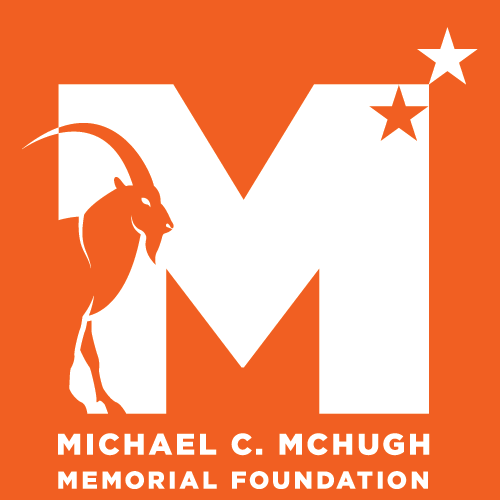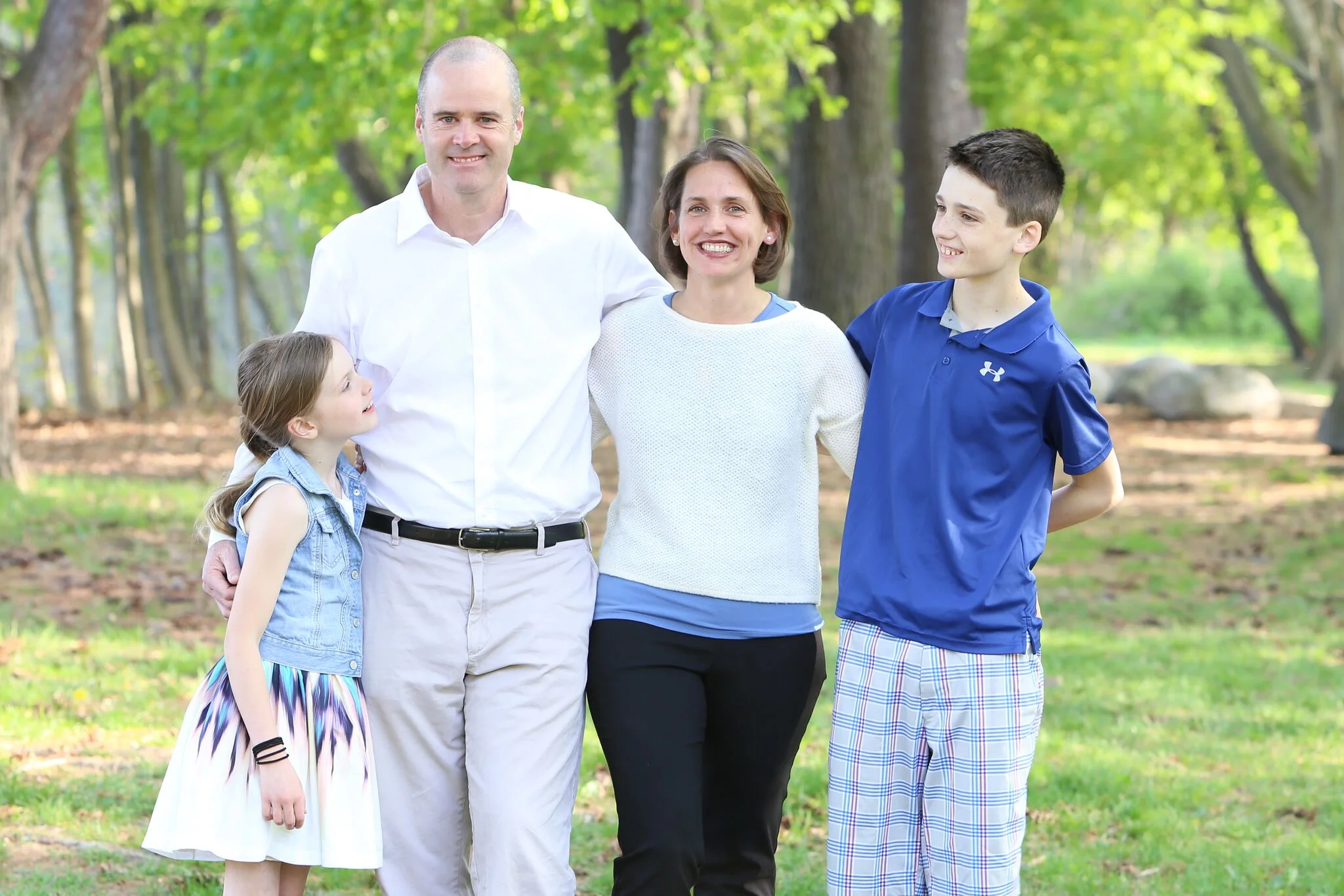Why I’ll never forget my son’s nurses
When our 12-year-old was diagnosed with cancer, his nurses found ways to bring him and our family joy, even on the worst days.
By Kari Bornhorst McHugh FEBRUARY 06, 2018, the Boston Globe Magazine
DURING THE LAST WEEK OF APRIL 2016, after a blood test following some unexplained weight loss, my 12-year-old son, Michael, went from a vibrant, athletic honors student to an oncology patient with a three-year survival rate of less than 5 percent.
No medical history, no family history, no warning. It’s every parent’s nightmare. We quickly learned it would be a difficult fight. But while the treatment was brutal, the days were not. Michael’s experience was filled with unexpected joy, in no small part because of the nurses who shared the journey.
As Mike moved in and out of Boston Children’s Hospital and the Dana-Farber Cancer Institute, battling a rare, aggressive cancer of the soft tissue, the nurses became the core of his experience, his unforeseen friends.
It started at Children’s, where Stacey G. gave Mike his first dose of chemotherapy while simultaneously making him do his homework. Carly was a 12-year-old boy’s dream image of a nurse — young and beautiful, with a smile that would light up his room, and a laugh that could force Mike into giggles.
There was irreverent “Funny Stacy” (never to be confused with Stacey G.), who would bend the rules just enough to make it fun. Beth, whom we all called MamaBeth for good reason, Stokes, who entertained us with blow-by-blow recaps of her boxing matches, and Amy, who found a way to give Michael what he wanted no matter how outrageous the request. Like the day he decided he no longer wanted to take purple pills.
At Dana-Farber, there was Amanda, who had more than one solution for every uncomfortable symptom and a never-ending list of book suggestions. Marnie would remove the needle and tube from his port every time he left the clinic so he could go home free of wires — even though it meant she would need to set aside time to safely re-access his port the next day, not a short or easy process. Caitlin conspired with him to someday buy the convenience store in our mutual hometown. Katie watched the Celtics more closely so she and Mike could gossip about the players and the trades. And Margaret stayed late and gave Mike chemo the day he discovered he had relapsed — an act that enabled him to feel like he was still fighting.
Compared to other diseases, childhood cancer research gets minuscule funding from the government and drug companies. Pediatric cancer is still predominantly fought with drugs that are 60 years old — and often don’t work well for children.
That makes the jobs of pediatric oncology nurses all the more profound. An unfair number of their patients — from the tiny ones to the teenagers — will die. These nurses choose, again and again, to join the losing team. And they choose to love these children with abandon. So it was with Mike, from the day he became a cancer patient. The nurses recognized him for who he was: quick-witted, sarcastic, obsessed with sports. They treated him like a friend, sharing details from their lives: pregnancies, new boyfriends, sons’ and daughters’ on-the-field triumphs and college graduations.
They made the scary feel normal and enabled a teenager — flush with self-awareness and thirsting for independence — to accept the port, the chest tubes, the G-tubes, the third-degree radiation burns, and the myriad other indignities that cancer forced upon him. They had standby tricks, like giving chocolate syrup (known as a chocolate chaser to the teens) after a gross medicine, but they also found ways to meet his unique needs. They created a skateboard trolley to push the drains from his chest tubes so he could walk on his own. They gathered in his room late at night to play a game we made up that had us running and laughing through the halls. And when he could not get up out of bed, Marissa turned on the music and brought a dance party to him.
Knowing how much Mike wanted to live a normal life, they gave him the tools to do it. They helped him make it to final exams, fishing trips, the school dance. They gave him blood transfusions so he could last through flights to Hawaii, Houston, and Disney World; platelets so he could ride roller coasters; antibiotics so he could attend Celtics playoff games and the Super Bowl. They sent him to Fenway Park to meet Chris Sale and watch a game from behind home plate, without tubes or wires.
That Red Sox game happened not 24 hours before Michael passed away, at 13 years old. He had just come out of a routine surgery to drain his lungs. MamaBeth was his nurse that day, and when things turned south, she ran to the ICU to be there when he was intubated. That night, the Children’s oncology nurses came in packs to check on him. Amanda came home from vacation in Connecticut at 2 a.m. to give him any strength she could.
Before he died, Michael had talked about raising money and using his illness to make something better. We ran through countless ideas, but none felt quite right until we landed on the Nurses Fund: A way to give the pediatric oncology nurses at Children’s and Dana-Farber the kind of joy they’d brought to him, even on his worst days.
Like the evening before Mike’s 13th birthday, when he was unexpectedly admitted to the hospital. He was angry and fed up and frustrated to lose his birthday to cancer. He had plans that did not include antibiotics delivered by IV. Carly was on duty, but even she had trouble getting him to smile. So she went out and bought pastries and at midnight woke him up and led the nurses on duty in singing “Happy Birthday” at the top of their lungs. This memory of him, embarrassed and laughing while the clock struck 12, epitomizes the nurses’ ability to bring him joy. It is also what made it clear that the first thing we wanted to do was celebrate their birthdays, individually.
In Mike’s obituary, we asked friends and family to donate to a Nurses Fund whose purpose was providing joy to nurses who care for young oncology patients. We have received dollar bills from bake sales, donations from the lunch ladies at his elementary and middle schools, and checks from friends, teachers, teammates, and coaches from every stage of his life. This is a reflection of the community that Mike built. But it also reflects nurses’ impact on many families outside of our circle. A family we never met, who lost their daughter in a car accident, sent a check from her memorial fund. More donations came from a woman who lost her husband, from families currently in treatment at Dana-Farber, and from a family whose child is in remission.
We’ve raised enough so far to fund a yearly team celebration for the nurses, and give each one for her birthday this year an Alexa Echo Dot — something Michael loved and brought to and from the hospital with him — and a gift card for lunch at B. Good. He would have wanted them to have the awesome fries. That’s what you do for a friend.
Kari Bornhorst McHugh is an executive at a Boston-area corporation.

